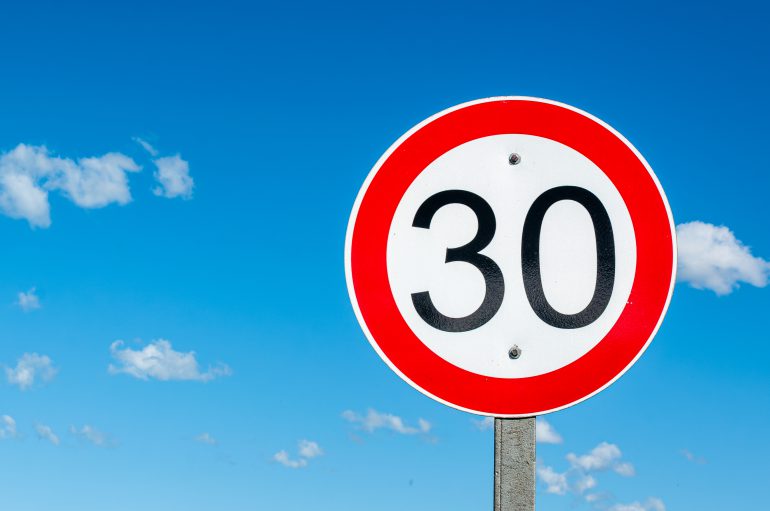Amsterdam has recently implemented a city-wide speed limit of 30 kilometers per hour (kph). This bold move is driven by the city’s commitment to prioritizing safety and sustainability, and creating a more livable urban environment.
The primary motivation behind this decision is to enhance road safety for all road users, especially pedestrians and cyclists. By reducing the speed limit, Amsterdam aims to minimize the severity of accidents and create a safer, more inclusive transportation system. Lower speeds contribute to increased reaction time, reducing the likelihood of collisions and lowering the severity of injuries in case of accidents.
Moreover, this initiative aligns with Amsterdam’s broader sustainability goals. Slower speeds lead to reduced emissions and noise pollution, contributing to a healthier and more environmentally-friendly city. The reduced speed limit encourages the use of alternative, sustainable modes of transportation such as cycling and public transit, promoting a shift towards greener and more energy-efficient mobility solutions.
To enforce the new speed limit, Amsterdam has implemented a combination of measures, including increased monitoring through speed cameras and enhanced public awareness campaigns. City officials are working with law enforcement to ensure compliance and educate residents about the positive impacts of this change on safety and sustainability.
In short, Amsterdam’s decision to enforce a 30 kph speed limit is a proactive step towards fostering a safer and more sustainable urban environment. By prioritizing the well-being of its citizens and the planet, the city is setting an example for other metropolitan areas to follow in creating cities that are not only beautiful but also safe and environmentally conscious.
